Finding that sweet spot between work and life is a major goal for many. It’s all about feeling fulfilled and happy, not just burnt out. It turns out that where you live can play a big role in achieving this balance. Some countries with the best work-life balance create environments that let people flourish in both their careers and personal lives.
Let’s explore 15 of the frontrunners in the work-life balance game!
1. Denmark
Index Score – 9.8/10
Denmark consistently ranks high for work-life balance thanks to its well-structured work culture and government policies prioritizing personal time and family life. With an average workweek of about 33 hours, it is one of the shortest globally. Danish citizens have plenty of time for individual and family activities. The country mandates a minimum of five weeks of paid vacation each year.
Known for its generous parental leave policies, Denmark allows parents to receive up to 52 weeks of paid leave. Encouraging mothers and fathers to participate in early child-rearing while actively continuing their careers. The Danish government actively promotes flexible working arrangements across industries to foster a healthier work-life balance for its citizens.
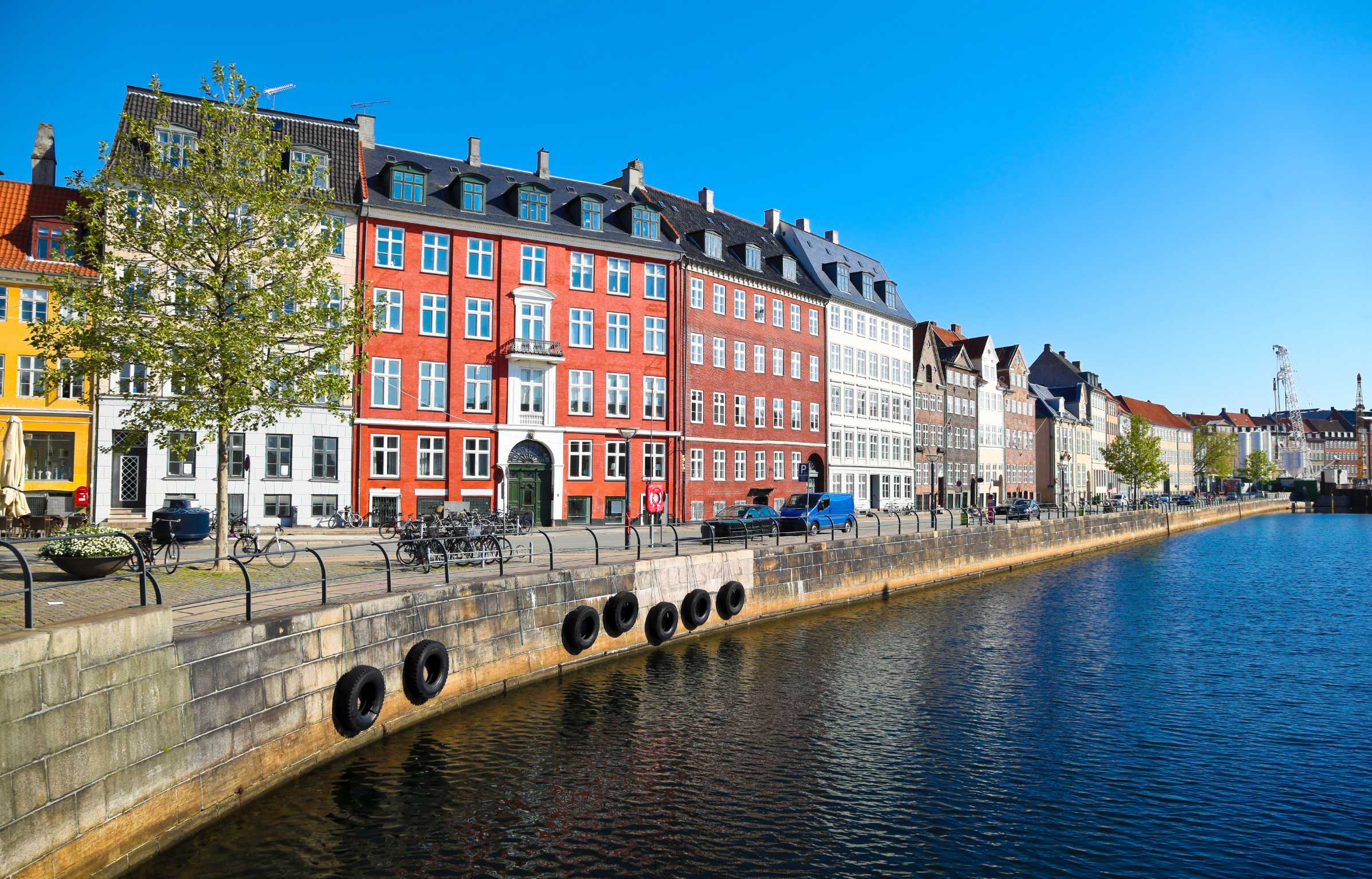
2. Netherlands
Index Score – 9.5/10
The Netherlands sets a global standard for work-life balance with its innovative work practices and cultural norms prioritizing personal time and well-being. Approximately 75% of women and 25% of men in the Netherlands work part-time, the highest rate in the European Union. Showcasing the country’s strong commitment to flexible working conditions. This flexibility boosts Dutch employees’ quality of life.
Dutch workers are entitled to at least 20 vacation days per year, though many enjoy up to 25 or more, depending on their sector. In the Netherlands, over 27% of all trips are made by bike, promoting physical health and reducing commuting stress. The Netherlands has strict labour laws that limit work to 12 hours per shift and, at most, 60 hours per week, usually far less in practice.
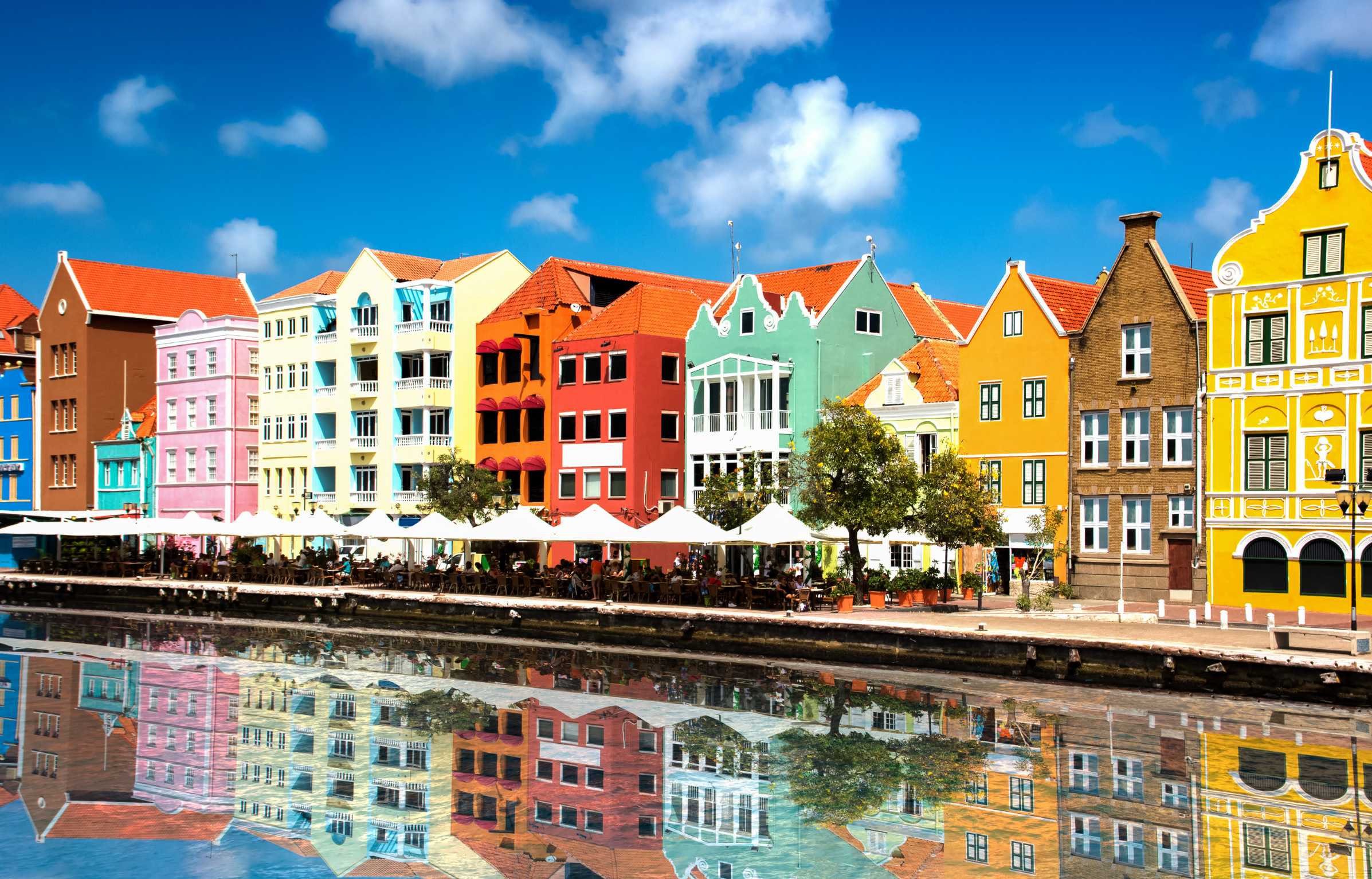
💡Related – Relocating to Amsterdam, Netherlands – A Complete City Guide
3. Norway
Index Score – 9.4/10
Norway often earns praise as an exemplary nation for ensuring a high quality of life through a well-balanced approach to work and leisure. The Norwegian work culture features a standard 37.5-hour workweek; workers receive at least 25 vacation days per year. Norway’s robust labour laws prioritize job security and worker protection, fostering a low-stress work environment.
It also supports family life through extensive parental leave policies. Parents are entitled to up to 49 weeks of leave at full pay or 59 weeks at 80% pay. This support for early parenthood, combined with high-quality childcare services. It allows for a smooth transition back to work and helps maintain a solid connection to the workforce for both mothers and fathers.

4. Sweden
Index Score – 9.3/10
Sweden is known for its scenic landscapes, innovative design, and work culture, which significantly enhance life quality. In Sweden, authorities cap the standard workweek at 40 hours, encouraging employees to leave on time. Swedish law ensures at least 25 vacation days per year and during the summer. It’s common for Swedes to take extended holidays, often up to four consecutive weeks.
The country provides 480 days of paid parental leave, allowing parents to share it as they see fit, with 90 days reserved exclusively for each parent. This flexible policy promotes gender equality in both the home and workplace. Sweden’s “fika” culture, mandatory coffee breaks, highlights relaxation, camaraderie, and social bonds and fosters sustained productivity in the virtual workspace.
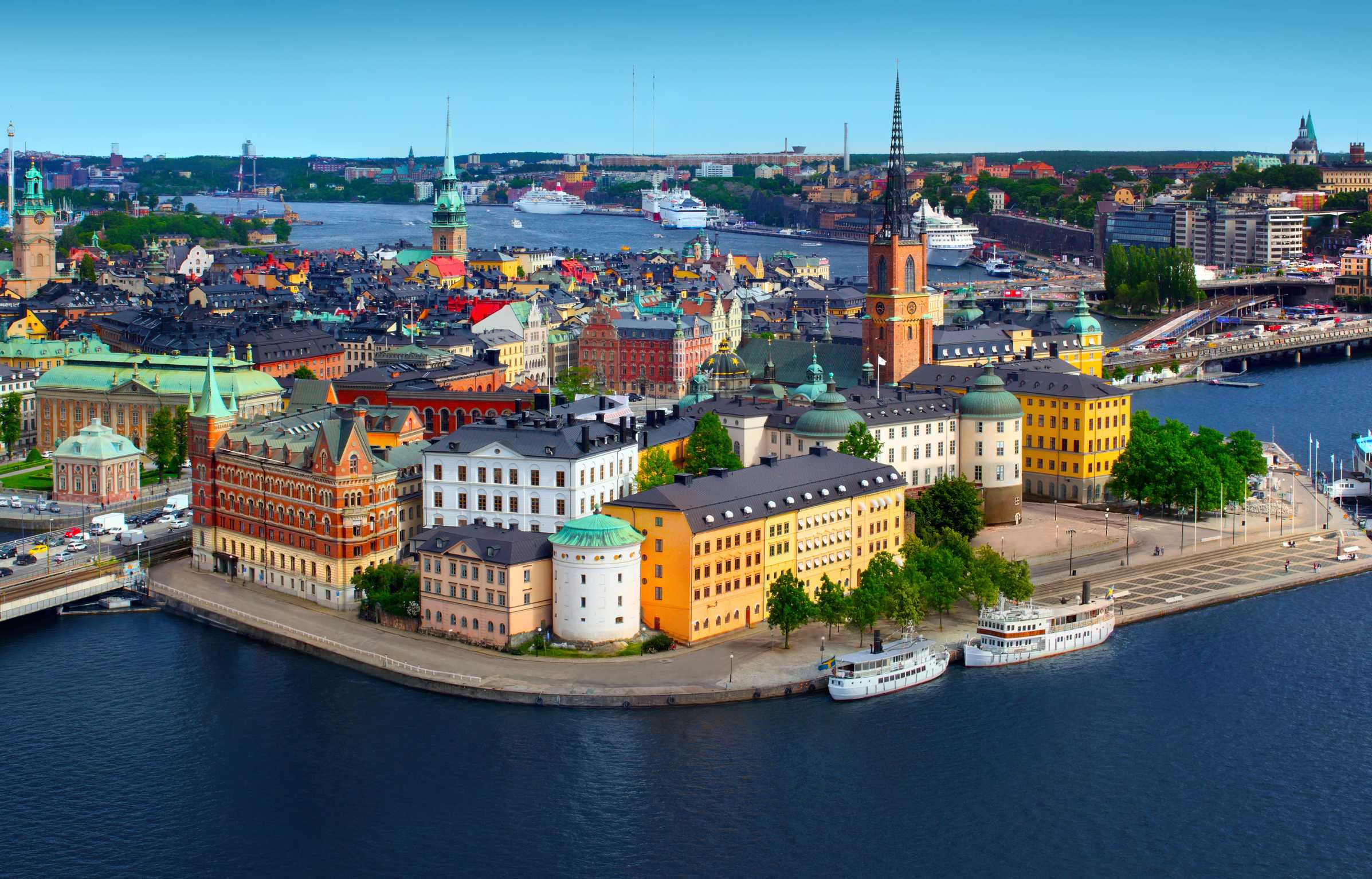
5. Spain
Index Score – 8.9/10
Despite the decline in traditional siesta breaks in Spain, the commitment to a vibrant personal life is unwavering. The typical Spanish work schedule reflects this, often starting later in the morning and including a two to three-hour break in the afternoon. This extended midday break supports leisurely lunches with family or relaxation, aligning with the cultural focus on personal time over work.
Spanish workers are entitled to at least 22 paid vacation days per year, aside from the 14 public holidays, among Europe’s highest. It has one of the lower average annual working hours among European countries, further illustrating its emphasis on work-life balance. Spanish labour laws limit the workweek to 40 hours, with overtime compensated by additional leave, emphasizing the importance of personal time.
Spain’s digital nomad visa allows remote workers to enjoy these benefits while living there.
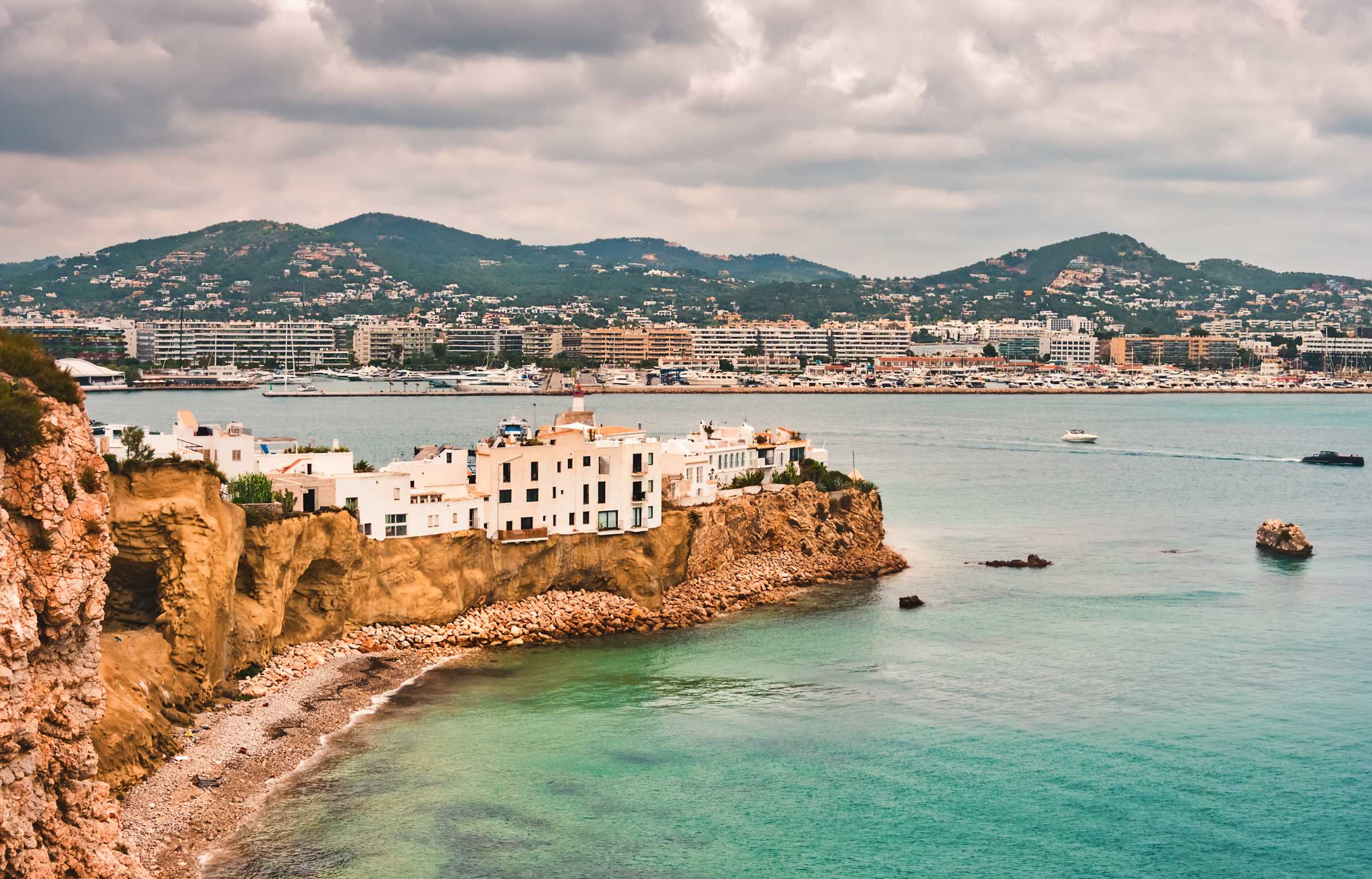
6. France
Index Score – 9.1/10
France stands out for its proactive labour policies that ensure workers have ample time for personal and family life. The country’s labour code mandates a 35-hour workweek, one of the shortest among industrialized nations, strictly enforced to prevent work overreach into personal time. This standard helps reduce worker fatigue and increases overall job satisfaction and productivity.
The typical Spanish work schedule starts later in the morning and includes a two to three-hour break in the afternoon. France’s social system supports families through comprehensive maternity and paternity leave policies. In France, mothers receive 16 weeks of fully paid maternity leave, and fathers now receive paternity leave extended to 28 days, one of the most prolonged durations in Europe. You can also read our complete city guide about relocating to Paris.
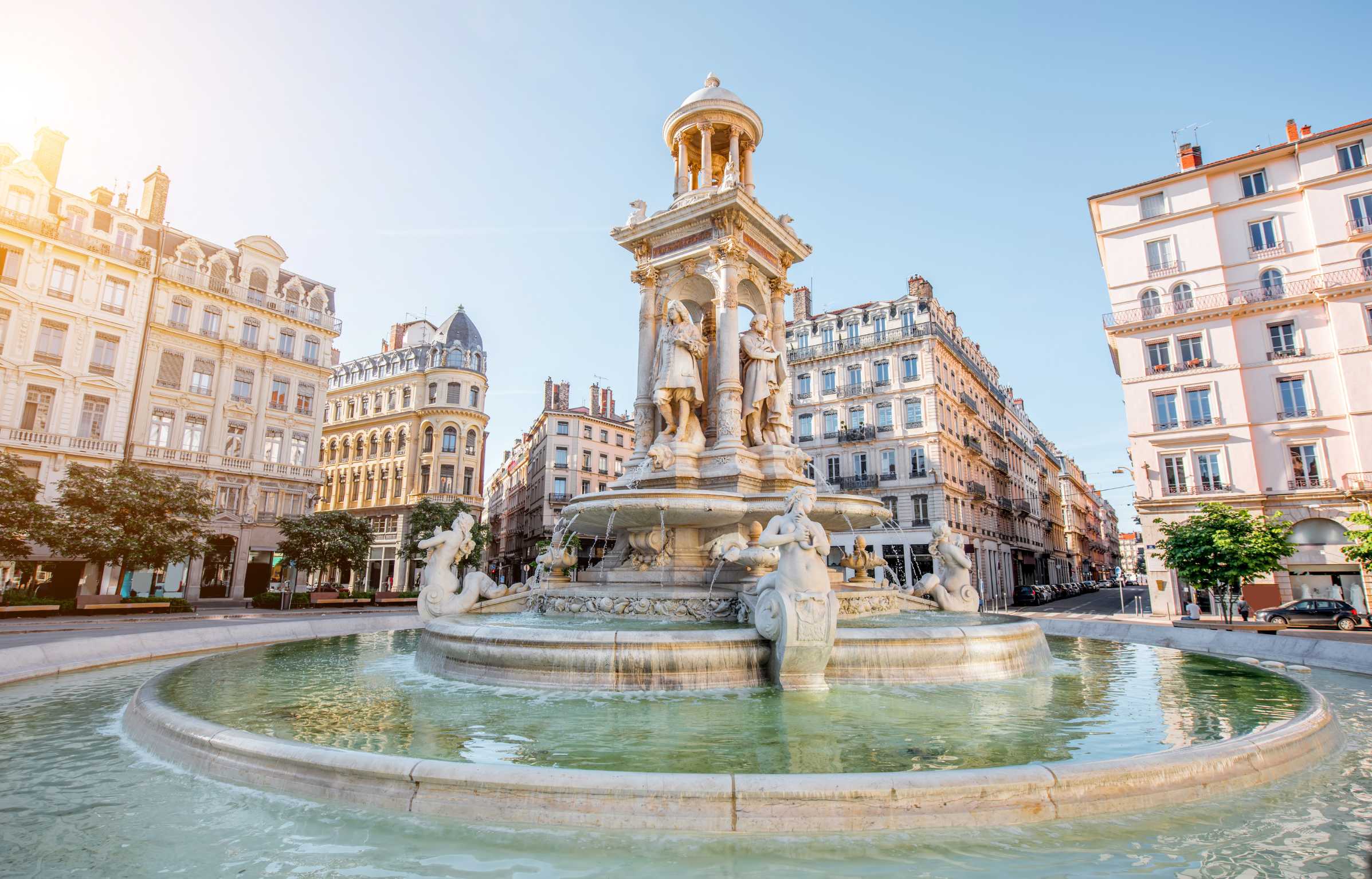
7. Germany
Index Score – 9.0/10
Germany exemplifies how structured labour laws and cultural values can combine to foster an ideal work-life balance. The average working week in Germany is about 34.2 hours, one of the lowest among industrialized nations, which allows workers ample time to decompress and enjoy personal activities. German workers want at least 20 vacation days per year, with many companies offering between 25 to 30 days.
The concept of ‘Feierabend,’ which translates to “celebration evening,” is a testament to the cultural importance of personal time after work. Its parental leave policies reflect its commitment to maintaining a healthy work-life balance. Both parents can share up to 14 months of paid parental leave, encouraging shared responsibility for child-rearing and promoting gender equality in the workplace.
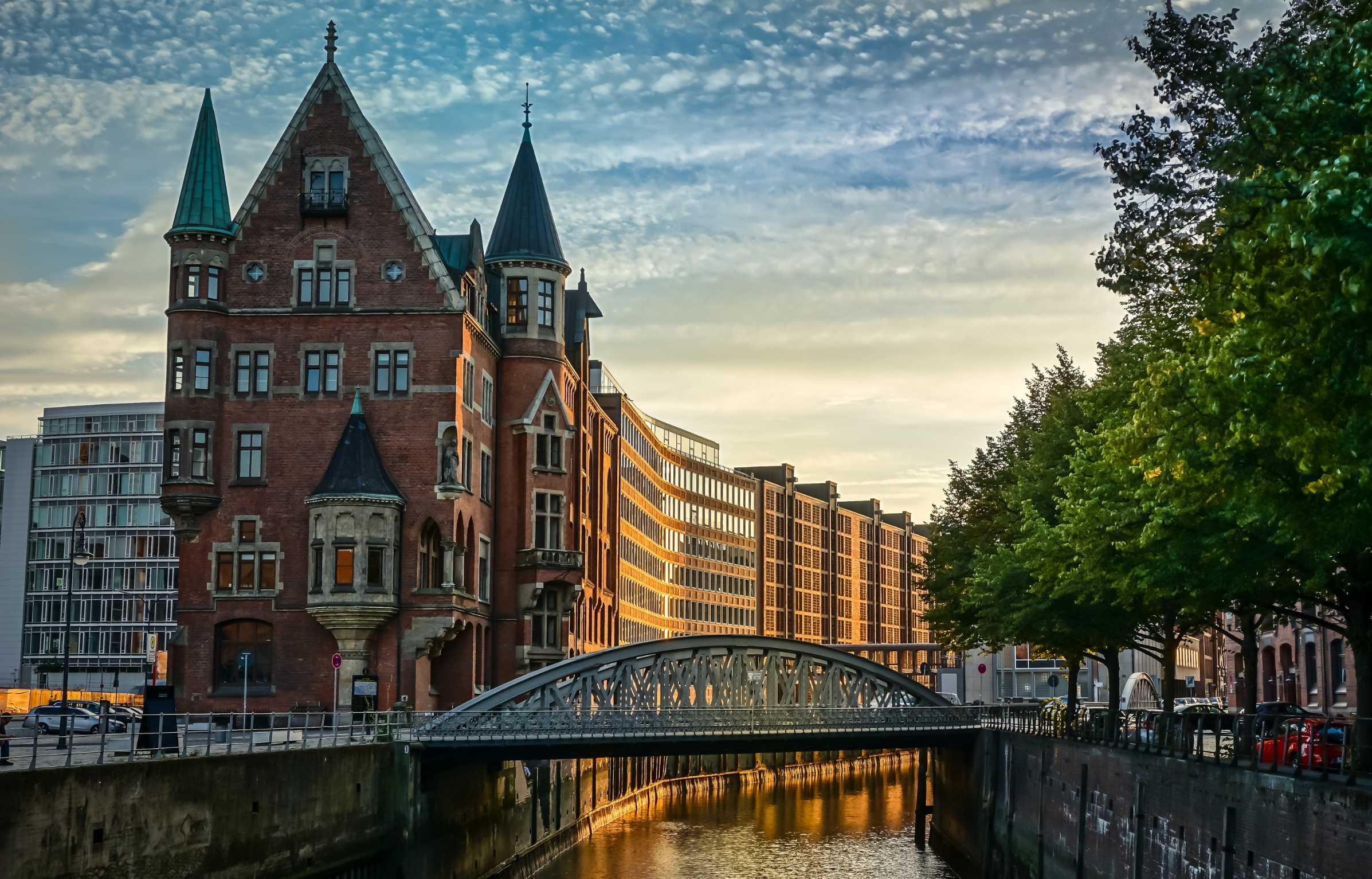
💁♀️ Also read – The 12 Countries That Offer Digital Nomad Visas in 2024
8. Italy
Index Score – 8.6/10
Italy, known for its rich cultural heritage and relaxed lifestyle, excels in work-life balance. With 36.5 working hours per week and at least four weeks of paid annual leave, Italians enjoy lengthy lunch breaks and strongly emphasize family time. The country also provides 12 public holidays and flexible working arrangements, enhancing the overall well-being of its citizens.
They offer the Italy digital nomad visa that caters to remote workers looking to immerse themselves in the Italian way of life while continuing their professions. The country’s 12 public holidays, generous maternity and paternity leaves, and recent shifts towards flexible work arrangements further enhance residents’ quality of life. Italy’s emphasis on social interactions enriches its work-life balance.
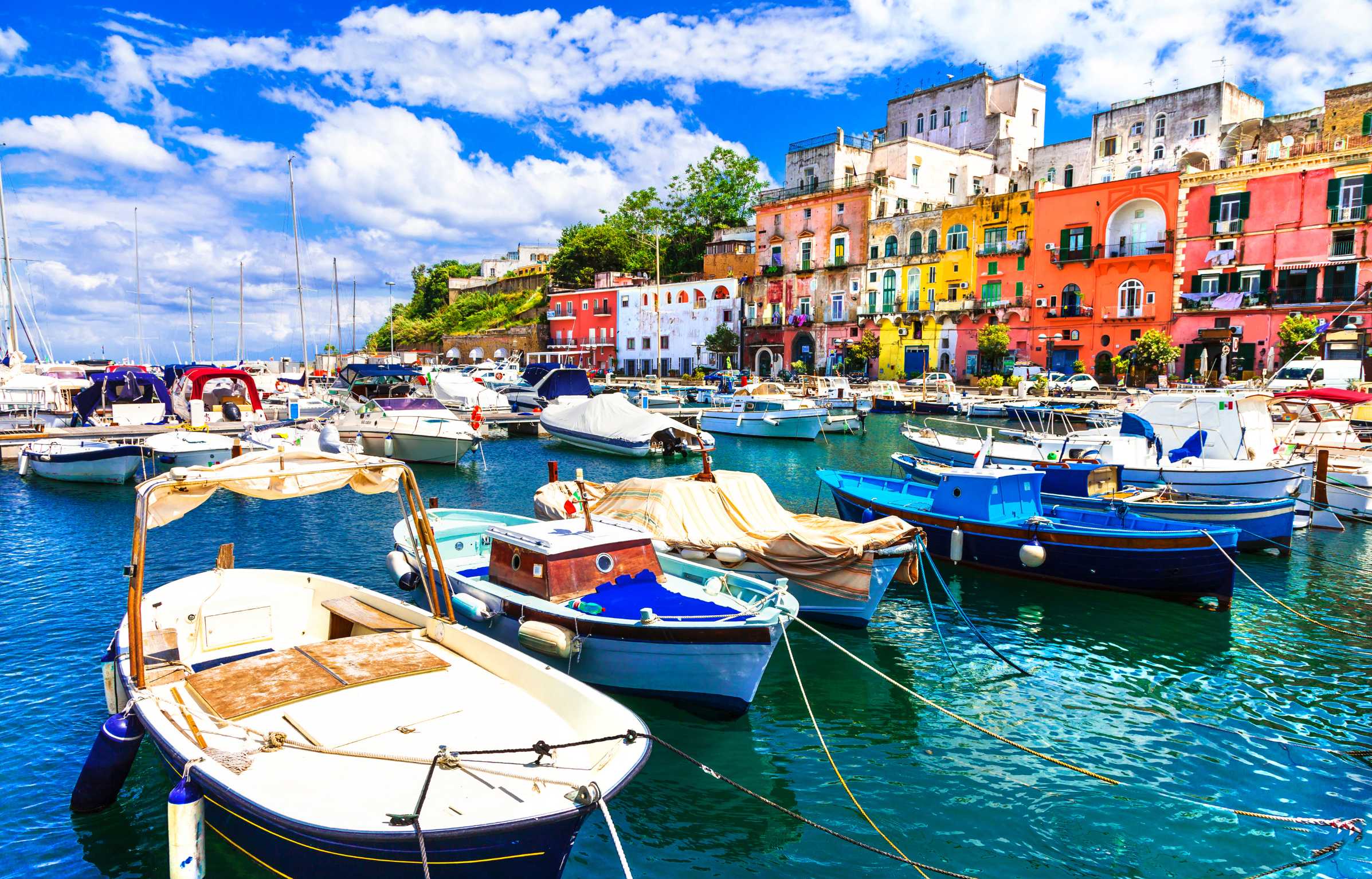
9. New Zealand
Index Score – 8.7/10
New Zealanders receive four weeks of paid leave and 11 public holidays, allowing ample rest and recreation time. The country’s labour laws mainly support work-life balance, mandating that full-time employees work no more than 40 hours per week, with overtime being infrequent and compensated accordingly. New Zealanders receive four weeks of paid leave and 11 public holidays, allowing ample rest and recreation time.
National policies actively encourage environmental conservation and ensure accessibility to parks and recreational areas, emphasizing the country’s strong focus on outdoor activities. New Zealand’s government invests heavily in maintaining its pristine natural parks, coastal areas, and public spaces, promoting an active lifestyle seamlessly integrated with nature.
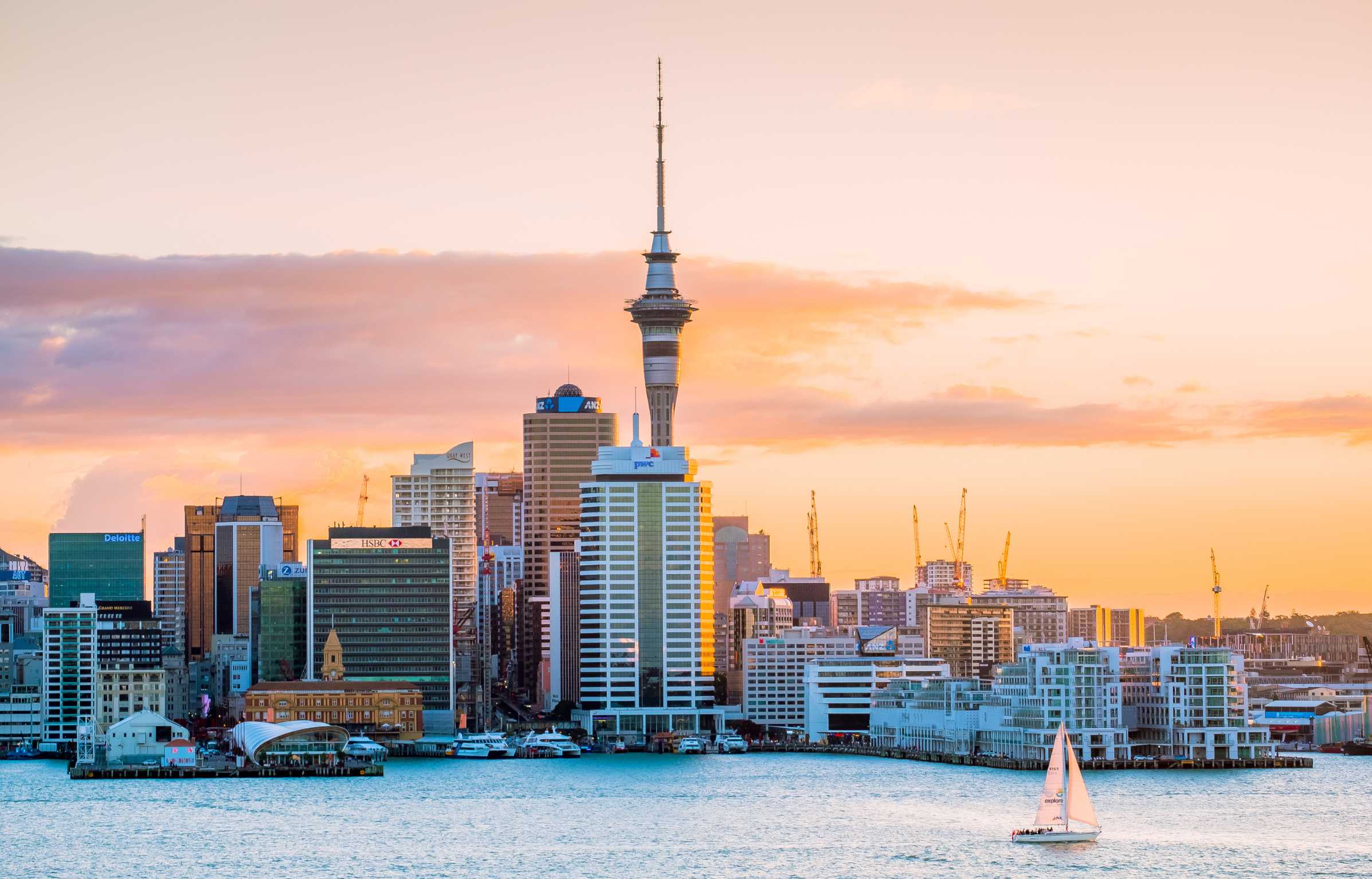
10. Austria
Index Score – 8.7/10
Austria is not only known for its strong economy but also for its outstanding commitment to work-life balance. The country mandates a maximum of 40 work hours per week, with many employees working closer to an average of 37.5 hours. Authorities strictly enforce this regulation, ensuring that any necessary overtime receives compensation with additional pay or time off.
In this country, employees receive at least 25 days of paid annual leave and 13 public holidays, one of Europe’s highest counts. This generous allocation allows Austrians to enjoy their country’s vast cultural offerings and natural beauty, from skiing in the Alps to visiting historical sites like Vienna and Salzburg. It provides ample time for relaxation and personal pursuits, enhancing well-being and work-life balance.
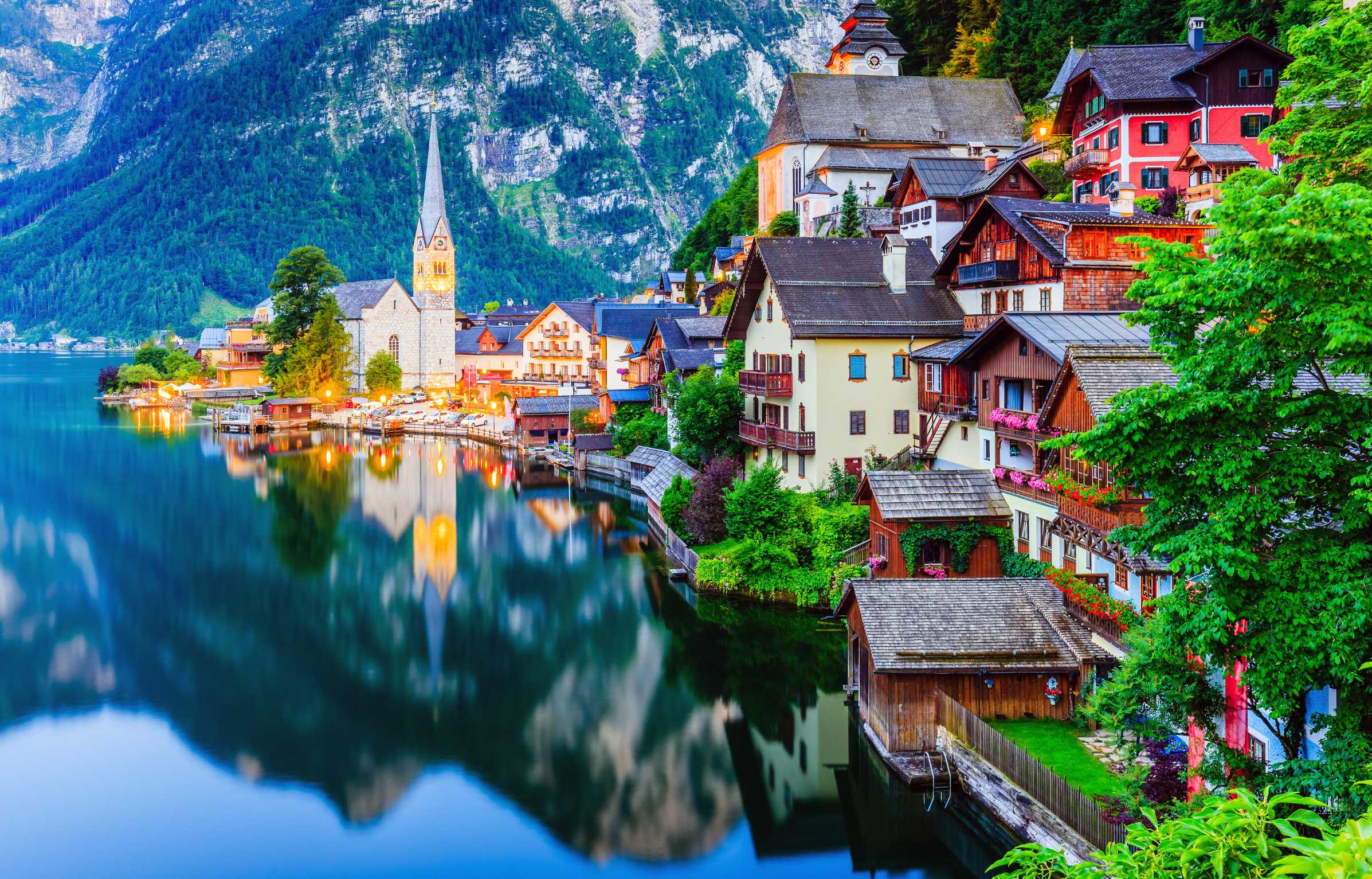
11. Portugal
Index Score – 8.4/10
Portugal’s favourable work-life balance increasingly attracts many expatriates to its shores. The country’s labour laws enforce a maximum of 40 work hours per week, with mandatory rest breaks that contribute to less work-related stress. Portuguese workers are entitled to at least 22 business days of paid vacation annually, alongside 13 public holidays, one of the highest counts in Europe.
The cost of living in Portugal is approximately 30% lower than in many Western European countries, making it an attractive option for those seeking a high quality of life without the high expenses often associated with it. Portuguese culture deeply values its pleasant climate and family-oriented leisure. Considering the Portugal digital nomad visa, they are making it an appealing destination for digital nomads.
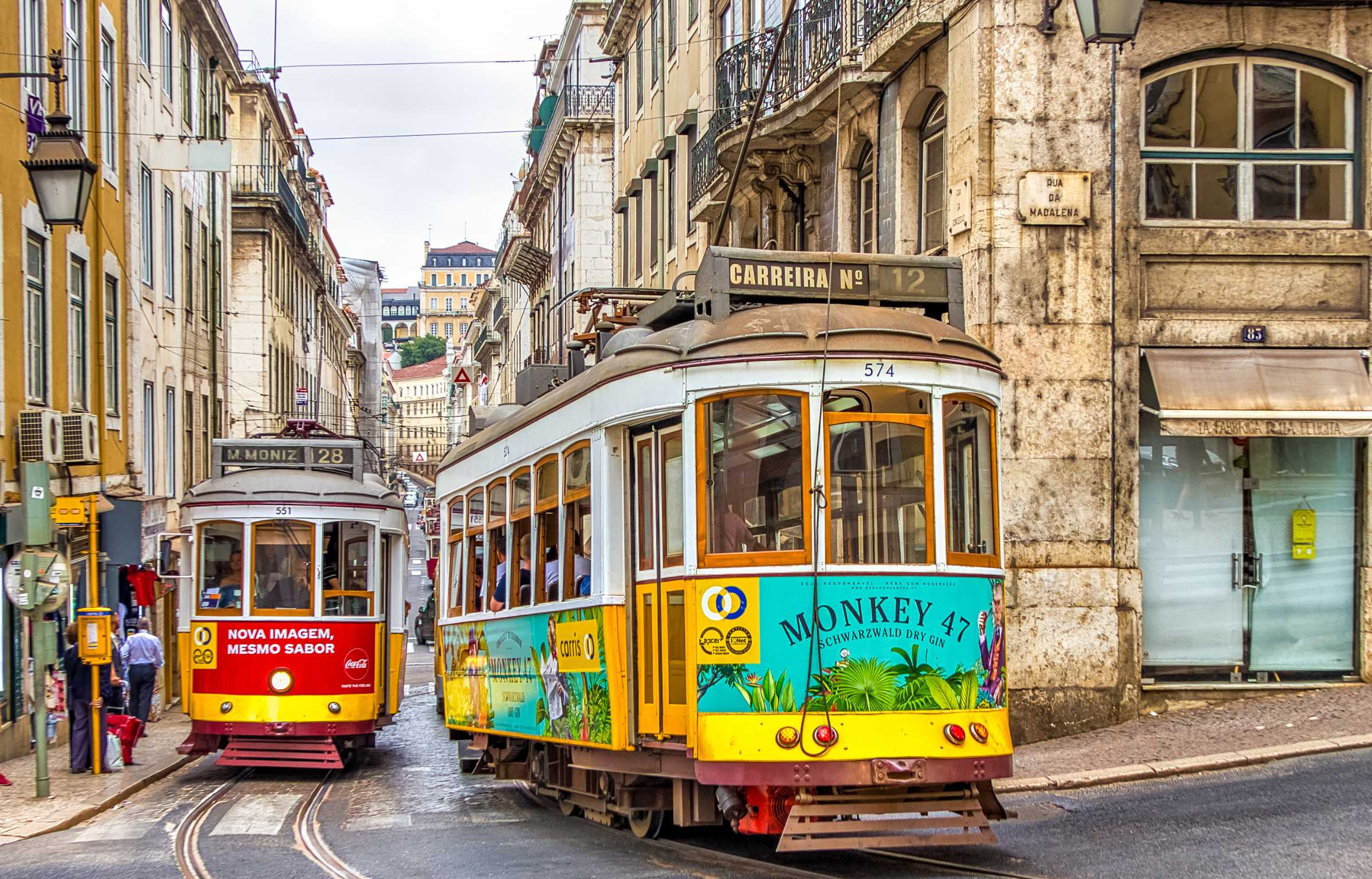
12. Belgium
Index Score – 8.8/10
Belgium earns recognition for its outstanding work-life balance thanks to its short working hours and robust social security measures. On average, Belgians work about 38 hours per week, notably less than many of their European counterparts. This shorter working week is legislated across various sectors, helping to ensure that work does not dominate personal lives.
The country also mandates a minimum of 20 vacation days annually, with many employees receiving up to 10 additional public holidays. This generous leave policy allows ample time for rest and personal pursuits, further contributing to the quality of life. Belgium’s social security system plays a critical role in supporting work-life balance. It provides extensive healthcare benefits, family allowances, and pension rights.
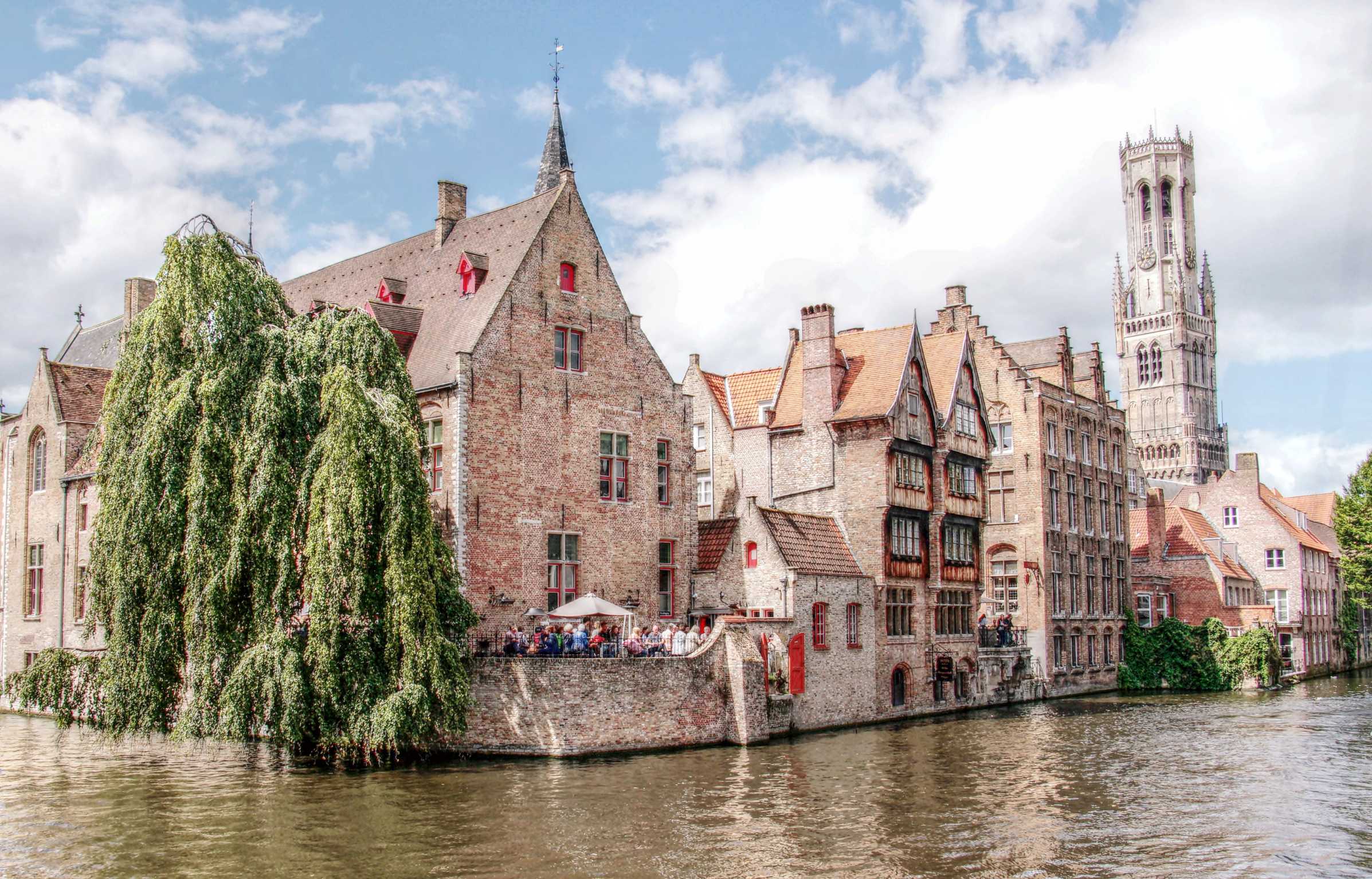
13. Australia
Index Score – 8.5/10
Australia is well-known for integrating laid-back cultural attitudes with robust labour rights, creating a supportive environment for an excellent work-life balance. Australian labour laws ensure a standard work week of 38 hours, and full-time employees are entitled to a minimum of four weeks of paid annual leave per year, plus public holidays. Parental leave policies are pretty progressive.
It offers up to 18 weeks of paid parental leave at the national minimum wage, fostering a supportive environment for working parents. This cultural inclination is supported by Australia’s rich natural landscapes, from beaches to bushland, which are readily accessible to most of the population. Approximately 85% of Australians live within 50 kilometres of the coastline, making beach visits and water sports particularly popular.
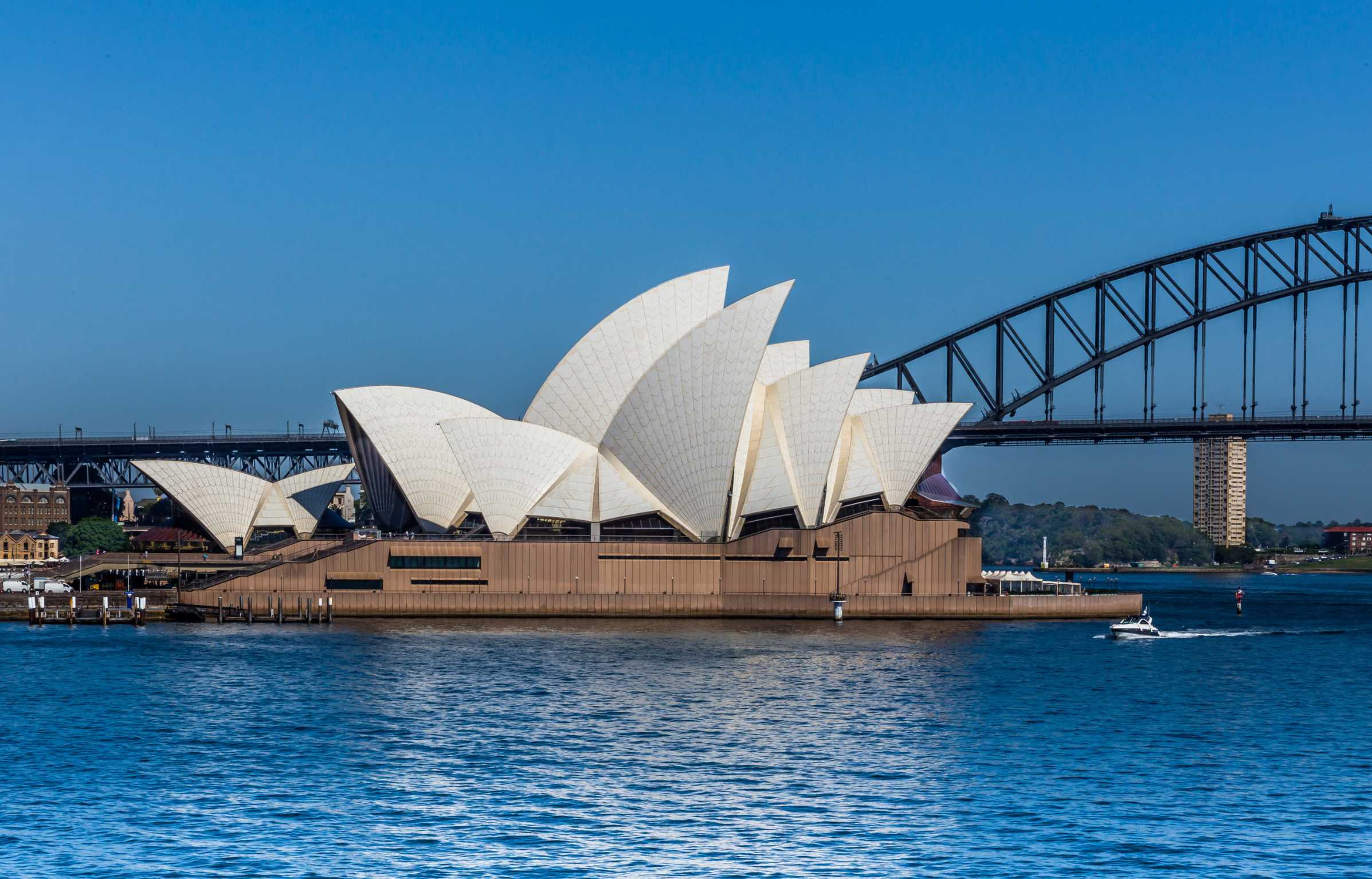
14. Luxembourg
Index Score – 8.3/10
Luxembourg, though small, is a powerhouse that creates an optimal environment for work-life balance. The country stands out with one of the highest GDP per capita globally, which translates into high living standards for its residents. Luxembourg’s workforce enjoys a desirable package of employment benefits. It includes up to 26 paid vacation days annually, supplemented by ten public holidays.
Employees in Luxembourg benefit from comprehensive healthcare and generous parental leave policies, with up to 20 weeks of maternity leave and two weeks of paternity leave, both paid at 100% of the salary. Luxembourg’s working hours are also notably reasonable. The legal maximum workweek is 40 hours, with provisions for overtime compensation or additional time off.
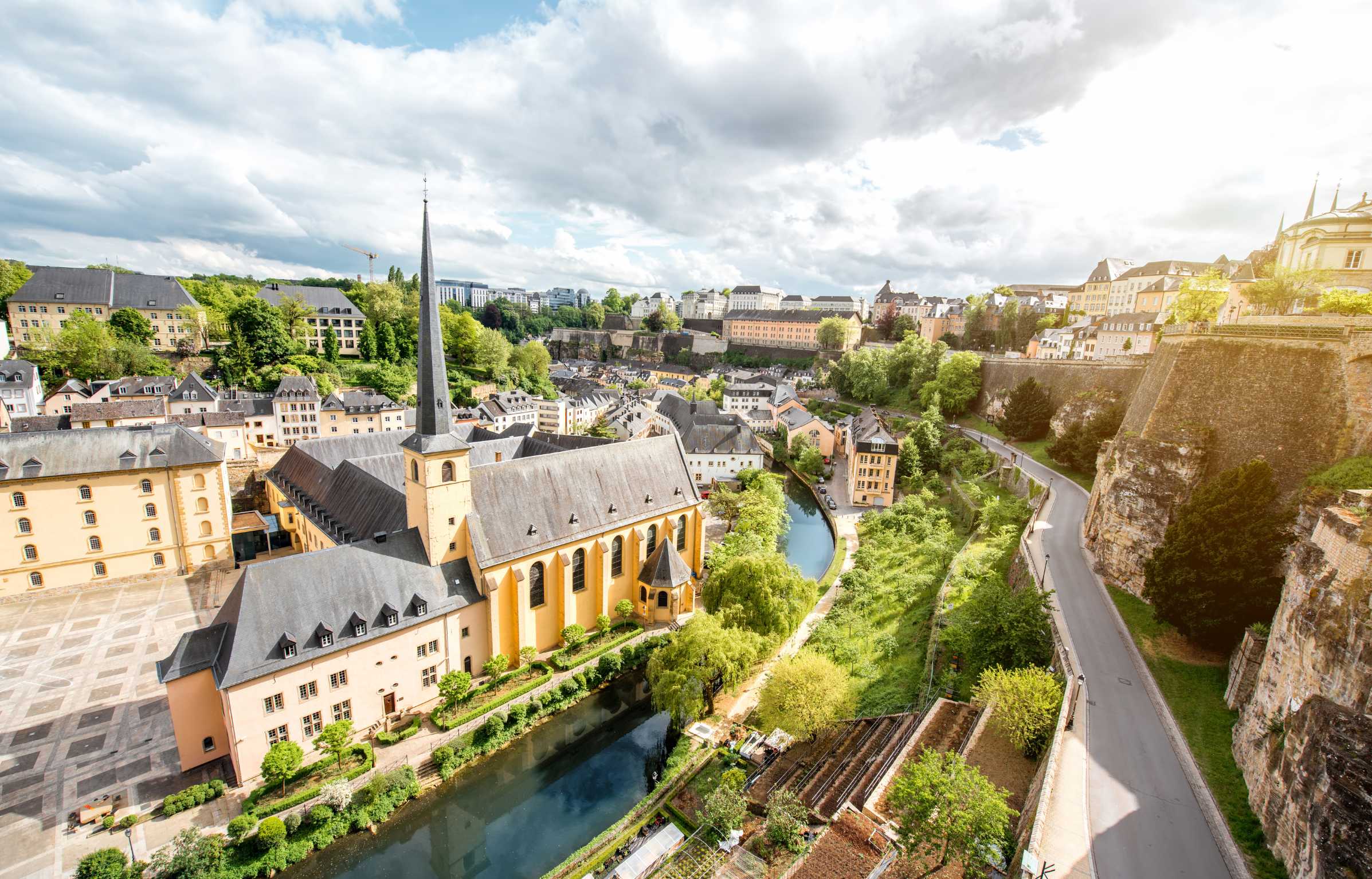
15. Costa Rica
Index Score – 8.0/10
Costa Rica’s mantra, “pura vida” (pure life), perfectly encapsulates its approach to everyday existence, emphasizing a stress-free and optimistic lifestyle. This philosophy permeates every aspect of life, influencing personal interactions and professional environments. In Costa Rica, the work culture is often more relaxed compared to high-pressure environments in more industrialized nations.
These additions further exemplify how diverse countries can implement policies and cultural norms that support an equilibrium between work responsibilities and enjoying life. From Europe to Central America, these nations show that prioritizing professional and personal life leads to happier, more fulfilled populations, fostering a global understanding of the importance of work-life balance.

Wrapping Up!
These best countries showcase the possibilities when work-life balance becomes both a buzzword and a core value. Creating environments that nurture professional and personal growth has set the bar high for others to emulate. Whether through robust welfare policies, cultural norms that value leisure time, or legal frameworks that protect employees’ rights.
These nations have proven that a balanced life is attainable and pivotal to overall well-being.
Your Partner in Work-Life Balance and Relocation
Relo.AI is your ideal partner for achieving optimal work-life balance, simplifying your move to countries like Denmark, the Netherlands, New Zealand or anywhere you desire with tailored insights and practical assistance.
Why Choose Relo.AI?
- Personalized Relocation Planning
- Expert Guidance
- Comprehensive Support
Fix a meeting with our expert consultant to explore your options in a country that values personal well-being and professional growth.
Let Relo.AI guide you to your new home and ideal work-life balance; it’s within your reach with the proper support.









